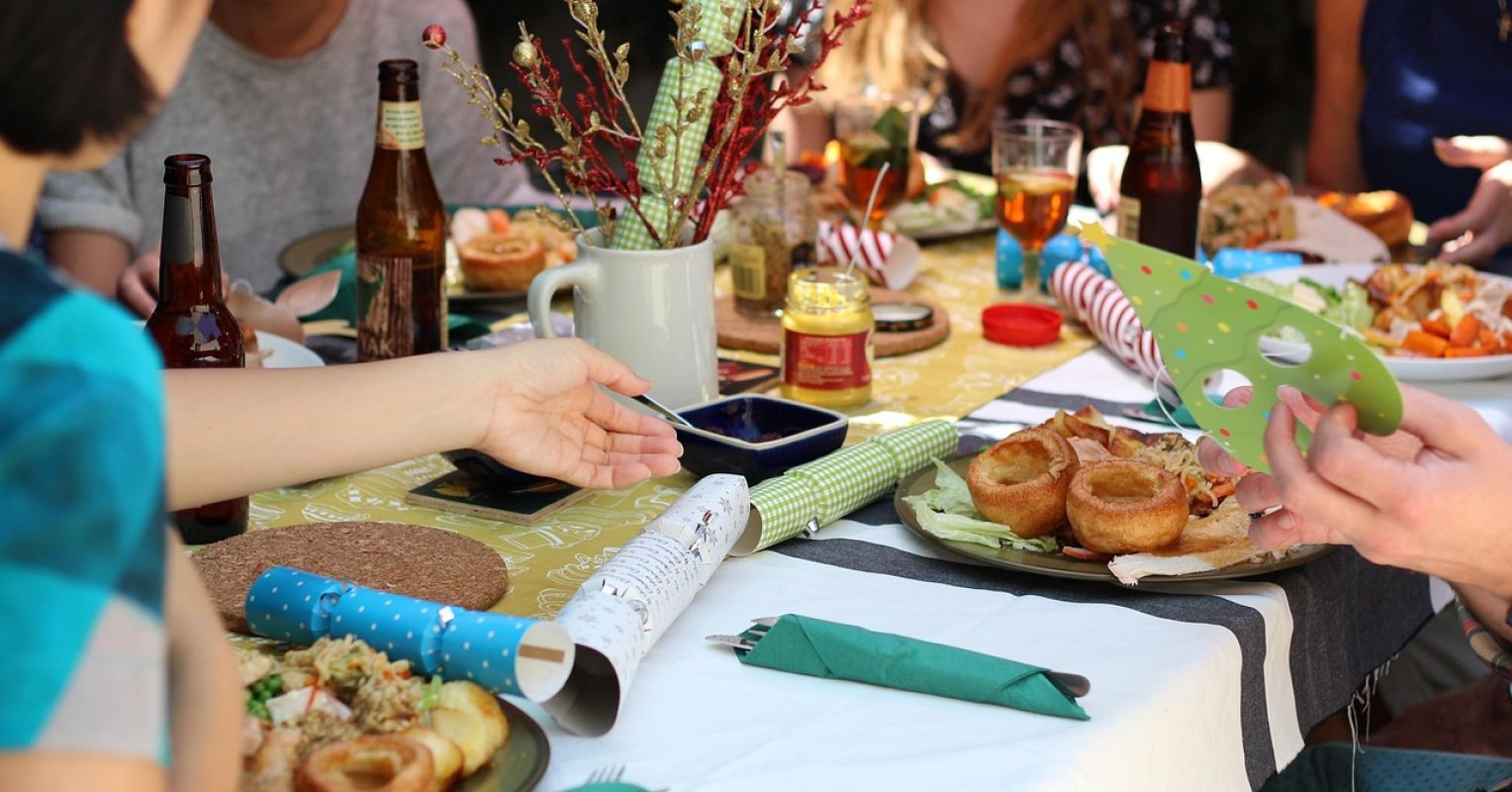
Last Sunday, 20 women in their late 30s, 40s, and 50s gathered around a long, narrow table in West LA. They’re members of a social club designed to bring together people who don’t have kids for a wide range of activities. I knew of a variety of social organizations, but never one for nonparents. Why, you might wonder, would someone need such a club?
Once you’re over 30, it isn’t easy finding new friends who don’t have kids. One by one, often in quick succession, friends who become parents immerse themselves in rearing babies into teenagers. It’s an 18-year expanse of time where we don’t see these friends much, if at all. As our interests and time constraints diverge, the main thoroughfare of family doesn’t include the likes of us very much. We travel alternate routes of our own design. We can feel isolated.
Parents, on the other hand, have PTA, playdates, carpools, and more to mingle with other moms and dads. Tips and tricks are shared. Friendships are forged. Networks of mutual self-help alliances are formed. Some endure lifetimes.
The LA luncheon was billed as a cross-generational conversation about crafting our lives over the decades. What to do about losing those dear friends after the kids are born. How happy we are to see them again after the kids leave the nest. And the double whammy when friends become grandparents, when we often lose them yet again.
We considered the relative lack of rituals and milestones to celebrate people who don’t have kids, compared to the showers, christenings, birthdays, graduations, and weddings we mark over the life course with friends and family members who are parents. We talked about how to help our aging parents and strategized over who could fill those shoes for our future selves.
Mind you, there was no complaining about hardships or rancor over our otherhood. Rather, we collaborated over common life chapters as seen through the lens of nonparenthood. Resources were exchanged. Shared interests were uncovered. As the elder at the table, I found myself sharing stories and reframing concerns. I had a blast. At one point, I even shed a tear or two.
As recently as a decade ago, I would have tried to gloss over my tears. Instead, I acknowledged them as a tribute to an important life experience and a spontaneous way to acknowledge my vulnerability. As I recomposed, the tone of our interactions softened and got more personal.
Some might say I was usurping the guidance role commonly filled by mothers and fathers with their adult children. In this case, though, what I did was decode and normalize for these women, each of them my junior, various life choices and experiences they might encounter as women who aren’t mothers. I stressed the life skills they’d already developed and how to apply them to future situations.
For example, I’ve worried about my old age since I was in my 40s. So I started looking at continuing care retirement communities early on. First, I thought it would feel like the college dorm life I didn’t experience in my youth. Then it felt like I’d have to live with a bunch of sedentary, doddering old people, and that made me squirmy.
I decided to challenge my thinking by spending time in several communities, attending events, talking to people, and walking around the grounds. After talking with a number of enthusiastic residents, I realized that living amid my elders could offer the kind of guidance and mentorship I’ve appreciated my whole life. They could show me various options for how to complete my own life well-lived.
I shared my breakthrough, adding that while making plans for our future care can be daunting, every little step offers an opportunity for further exploration. We don’t have to rush to conclusions, particularly as we develop alternatives. Little by little, our choices will be made more clear.
The key is to connect with kindred friends who don’t have kids with whom to share information and exchange ideas. Ideally, they’ll be of differing ages, some older and some younger, for support and encouragement.
